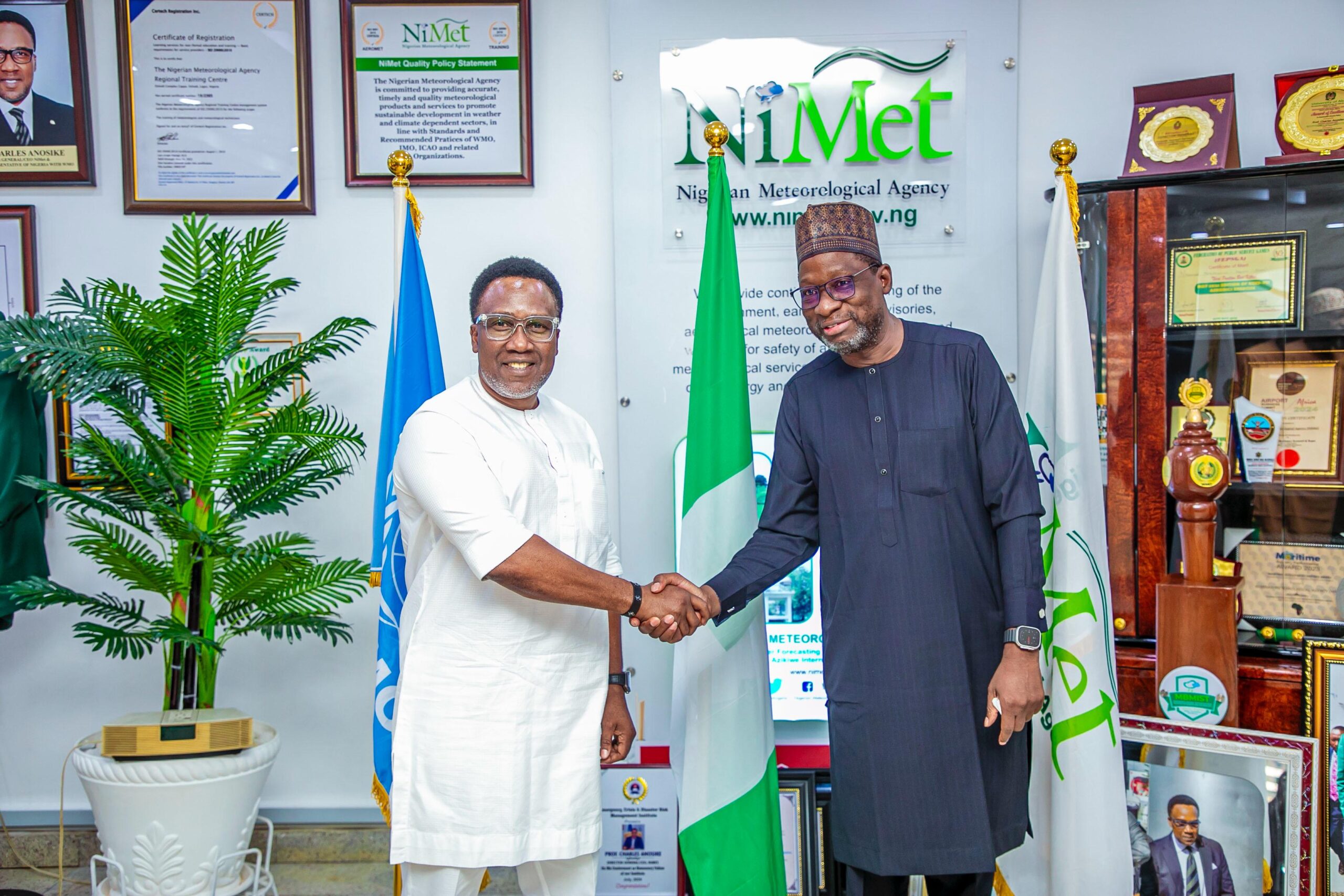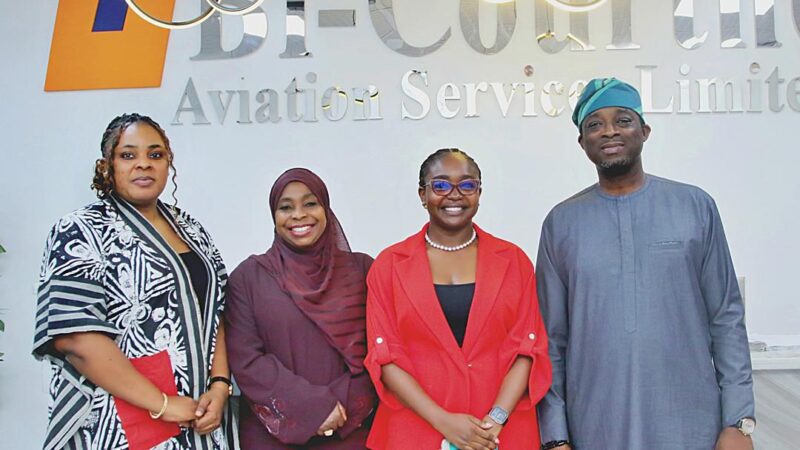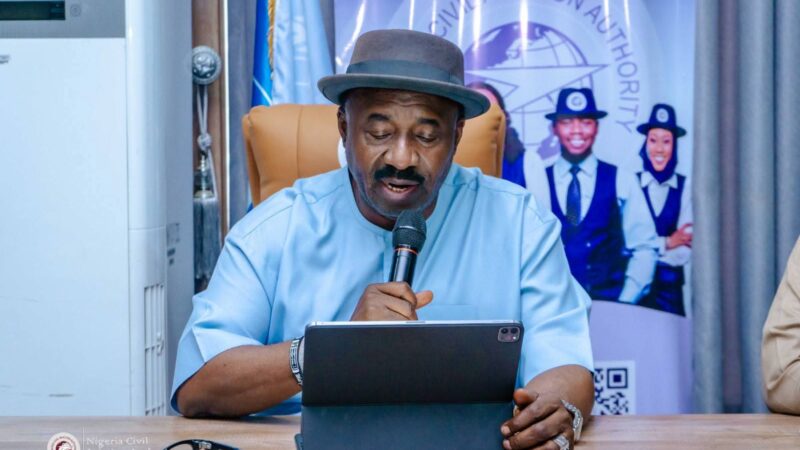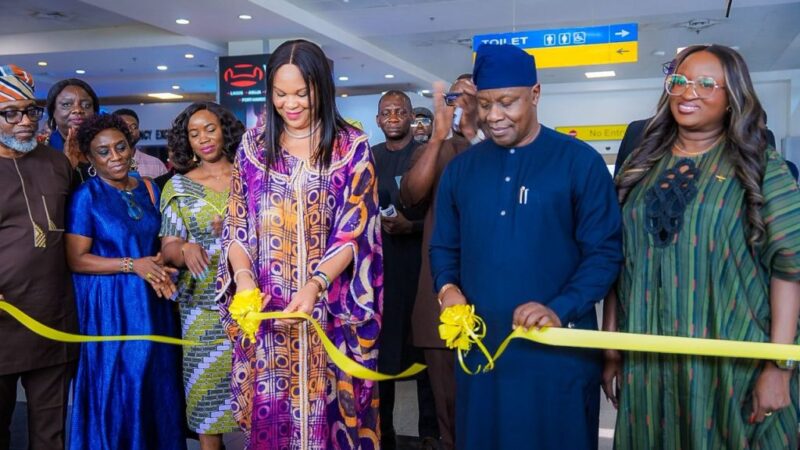NiMet, CARE Nigeria Forge Partnership to Enhance Climate Resilience, Humanitarian Response

…Anosike underscores the need for climate-informed decision-making
The Nigerian Meteorological Agency (NiMet) has deepened its commitment to ensuring that critical weather and climate data reach end users, particularly those affected by climate-induced humanitarian crises.
This follows a strategic partnership with CARE Nigeria, the country office of CARE USA, aimed at enhancing climate resilience and mitigating the impact of extreme weather conditions on vulnerable communities.
The collaboration was announced during a meeting between NiMet’s Director General and Chief Executive Officer, Professor Charles Anosike, and the Country Director of CARE Nigeria, Dr Hussaini Abdu, at NiMet’s headquarters in Abuja on Tuesday, 18th February 2025.
Speaking at the meeting, Professor Anosike emphasised that timely dissemination of meteorological information was crucial for disaster preparedness, particularly in a climate-challenged world.
“What we do is very critical to preparing the nation for disaster response. We have partnerships with state governors through the Nigeria Governors’ Forum (NGF) and other organisations and MDAs through which we disseminate our weather and climate information.
“Partnering with CARE, a big player in the humanitarian sector globally and in Nigeria, will also help us to reach the end users of our weather and climate information in addition to our ongoing efforts. We deal with perishable products, and getting the information out to farmers and other users on time is very important,” Anosike stated.
He further highlighted the increasing complexity of humanitarian crises driven by climate change and global conflicts, stressing the need for a data-driven approach to sustainable development.
“It is important for us to discuss these issues to see how climate-informed decision-making can be integrated into the poverty reduction framework. When a climate crisis strikes, it displaces communities and fuels forced labour and human trafficking, exacerbating existing challenges.
“How we integrate weather and climate information for better decision-making is very critical for sustainable development,” he added.
Dr Abdu, in his remarks, expressed appreciation for the opportunity to collaborate with NiMet, describing the agency as a key player in Nigeria’s climate resilience efforts.
He provided insights into CARE Nigeria’s mission, which initially focused on humanitarian response in the Northeast but has since expanded into broader development initiatives.
“CARE Nigeria is the country office of CARE USA, which was established in 1945 to support people experiencing major crises. The organisation operates in over 120 countries, including Nigeria, where we have been active since 2017.
“We initially focused on responding to the humanitarian situation in the Northeast but have since expanded into two major mandate areas: continuing our humanitarian interventions and deepening our development programmes,” he explained.
Dr Abdu further emphasised that climate change had become a significant driver of humanitarian crises, particularly in Nigeria’s Northeast, where communities face displacement due to extreme weather events.
He welcomed NiMet’s willingness to collaborate, noting that the agency’s data was vital to climate-smart agriculture and policymaking.
“We recognise how important NiMet is and the work it does. We also work with smallholder farmers and remain committed to climate-smart agriculture. This partnership will help sustain the work that organisations like ours are doing.
“Through this collaboration, we will elevate climate-related conversations in Nigeria and advocate for more climate-friendly public policies,” he concluded.
Both organisations agreed to formalise their partnership through a Memorandum of Understanding (MoU), underscoring their shared vision of integrating meteorological data into humanitarian and development initiatives.







